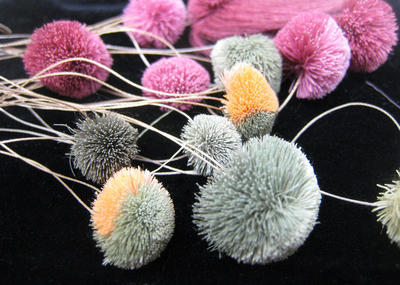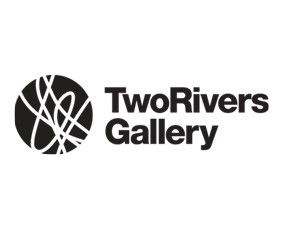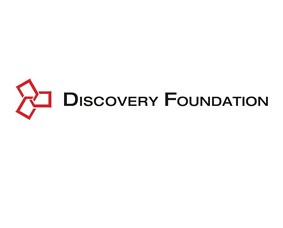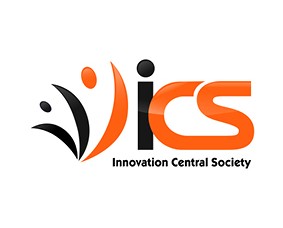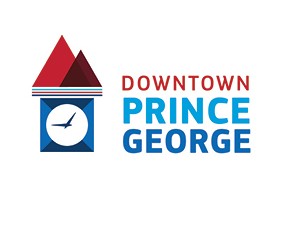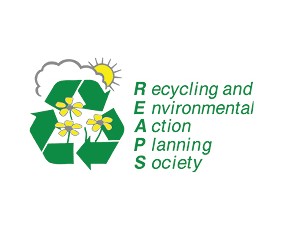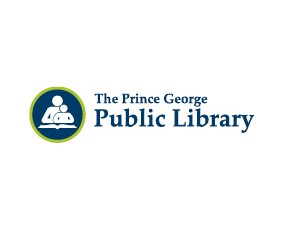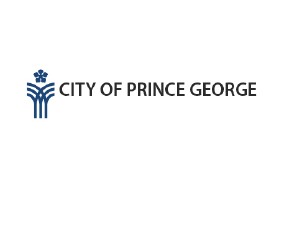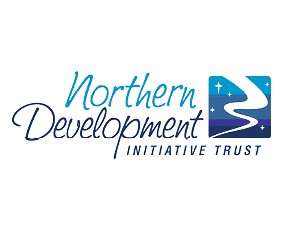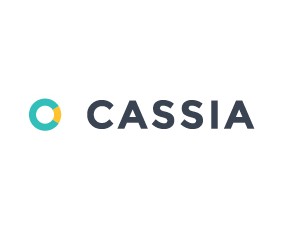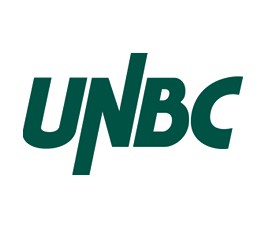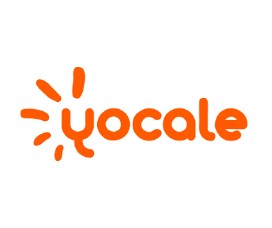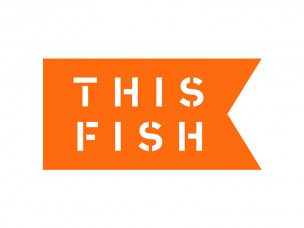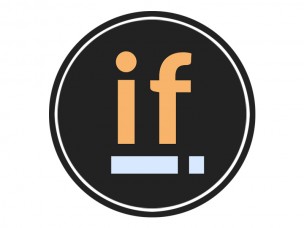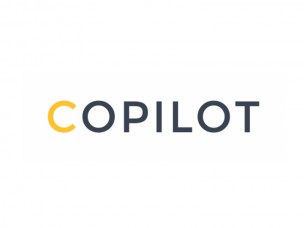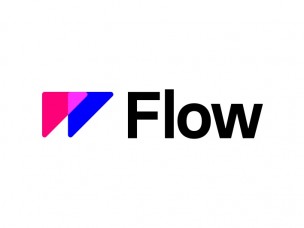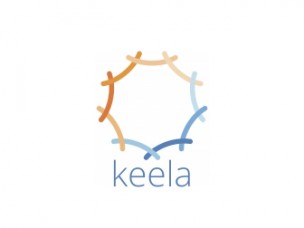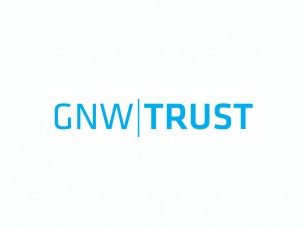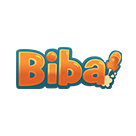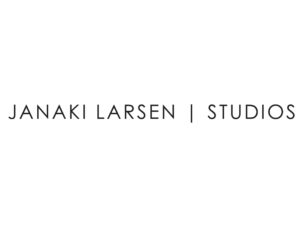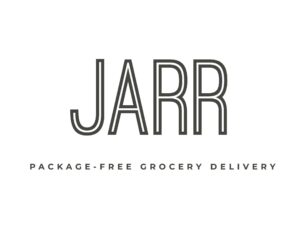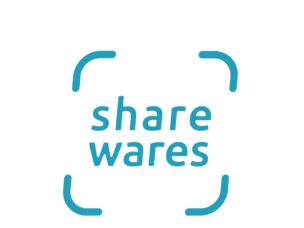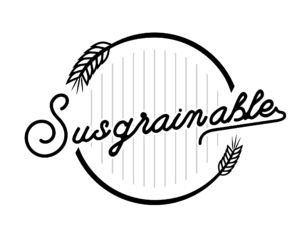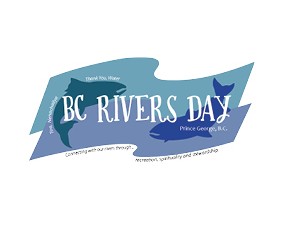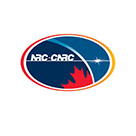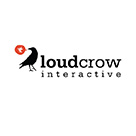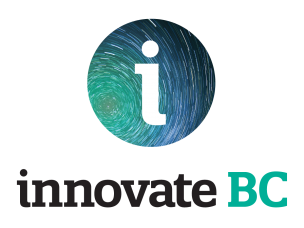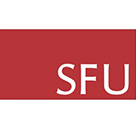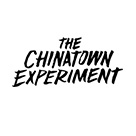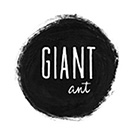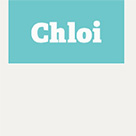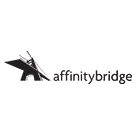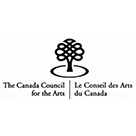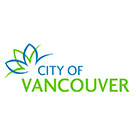Living Labs, Omineca Arts and Two Rivers Gallery are pleased to present a summer workshop in traditional and contemporary Aboriginal Arts practices in Prince George, BC.
Beading a Caribou-Hair Tufting Workshop
6:30 – 9:30 pm, June 5, 6 and 8, 2017
Omineca Arts Centre – 1119 3rd Avenue, Prince George BC
Learn and share traditional and contemporary beading and caribou-hair tufting practices in this 3-evening workshop led by Metis artist Kim Stewart and Brenda Crabtree (Nlaka’pamux and Sto:lo).
This workshop brings together a community of learners who are passionate about preserving and perpetuating traditional and contemporary Canadian Aboriginal art practices. We will begin with basic techniques, though individuals may want to experiment with contemporary materials and images. The purpose of this workshop is to share traditional and contemporary aboriginal knowledge between generations and communities, build community, foster a sense of wellness in participants, and cultivate sustainable art-making practices.
Ages 16+ All skill levels welcome. Supplies provided.
Registration in this workshop has now closed – see ominecaartcentre.com for more upcoming opportunities.
Workshop Facilitators
Brenda Crabtree (Nlaka’pamux and Sto:lo) is the Aboriginal Program Manager at Emily Carr University of Art + Design and member of the Spuzzum Band. She received her BA and MA (Cultural Anthropology) from Western Washington University. Her weaving focuses on traditional fibers such as inner cedar bark, cedar roots and spruce roots, as well as wool. Crabtree has extensive experience developing innovative and community-driven models for inter-generational and inter-community knowledge sharing of Aboriginal Art Forms. From 2013-2016, she developed and led Urban Access to Aboriginal Art, which brought First Nations youth, adults and elders from communities across BC to Vancouver to participate in a month-long intensive studio at Emily Carr University. Mentors and leaders included Eugene Harry, cultural leader (Squamish); Laura Wee Lay Laq, elder and culture leader (Sto:lo); Luke Parnell, (Nisga’a/Haida); Xwa-Lack-Tun, (Squamish); Tamara Skubovius, (Tahltan); and Michelle Sound, (Métis). Participants were equally diverse in Aboriginal ancestry, representing Haida, Métis, Nuu-chah-Nulth, Cree, Mohawk, Okanagan, Wet’suwet’en, Coast Salish, Nisga’a, and Huron/Mikmaq/Algonquin. Supported by the Vancouver Foundation, Canada Council for the Arts, and the Leon and Thea Koerner Foundation, the intent of Urban Access was to foster intergenerational Aboriginal learning and mentorship, revitalize indigenous art forms, and community building.
Kim Stewart has been working in the field of visual arts for more than 20 years. Born in the Athabasca, AB area, she is a descendant of a Canadian Métis Fur Trade family with Scottish, French, European and Cree ancestry. Stewart is interested in exploring cultural adaptation and singular v.s. group identity through her studio practice. She often combines traditional aboriginal art forms, historical documents, photos and contemporary art disciplines in her work to help illuminate and reconstruct stories, opinions, and values from her past. Stewarthas earned diplomas in Fine Art, Graphic Design and Illustration and holds a Masters Degree from SFU in Art Education. Stewart has exhibited, presented artist’s talks and taught classes at Two Rivers Gallery and along with her artistic practice, teaches visual arts at the College of New Caledonia in Prince George, BC.
